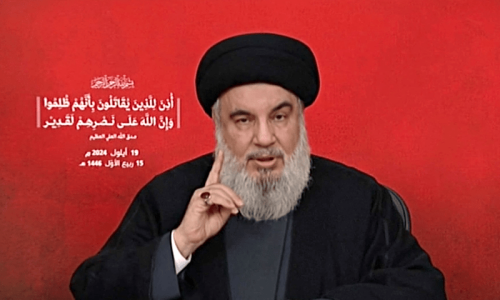UNITED NATIONS: A damning report on UN failures at the end of Sri Lanka's civil war, when thousands of civilians lost their lives, will have “profound implications” for the global body, UN leader Ban Ki-moon said Wednesday.
“The report concludes that the United Nations system failed to meet its responsibilities,” Ban said as the report was released.
“This finding has profound implications for our work across the world, and I am determined that the United Nations draws the appropriate lessons and does its utmost to earn the confidence of the world's people, especially those caught in conflict who look to the organization for help,” Ban said.
The review, by a team led by UN Assistant Secretary General Charles Petrie, criticized the UN secretariat, UN Security Council and staff in Sri Lanka.
The UN and its major members failed to act on warnings of the widespread deaths.
The UN, under intense pressure from Sri Lankan authorities, did not make public that “a large majority” of deaths in the closing months of war in 2009 were caused by government shelling, the report said.
The Sri Lankan government's “stratagem of UN intimidation”, including control of visas for critical UN staff, prevented the UN from protecting civilians in the conflict zone, the report added.
UN experts have said tens of thousands of civilians were killed between January and May 2009 as government forces launched a final onslaught on Liberation Tigers of Tamil Eelam (LTTE) separatists in the north of the country. Rights groups have given a toll of up to 40,000 dead.
Government forces and the Tamil Tigers have been accused of war crimes.
The UN estimates some 100,000 people perished during Sri Lanka's 37-year conflict which ended with the wiping out of the entire Tamil Tiger military leadership.
In Colombo, Sri Lankan Plantations Minister Mahinda Samarasinghe told reporters there was no pressure put on the United Nations during the war.
“No such thing. How can you intimidate them? They don't get intimidated by anyone.”Samarasinghe, who is also the country's special envoy to the UN Human Rights Council, said the government was addressing any shortcomings raised by the report but would not comment directly.












































Dear visitor, the comments section is undergoing an overhaul and will return soon.